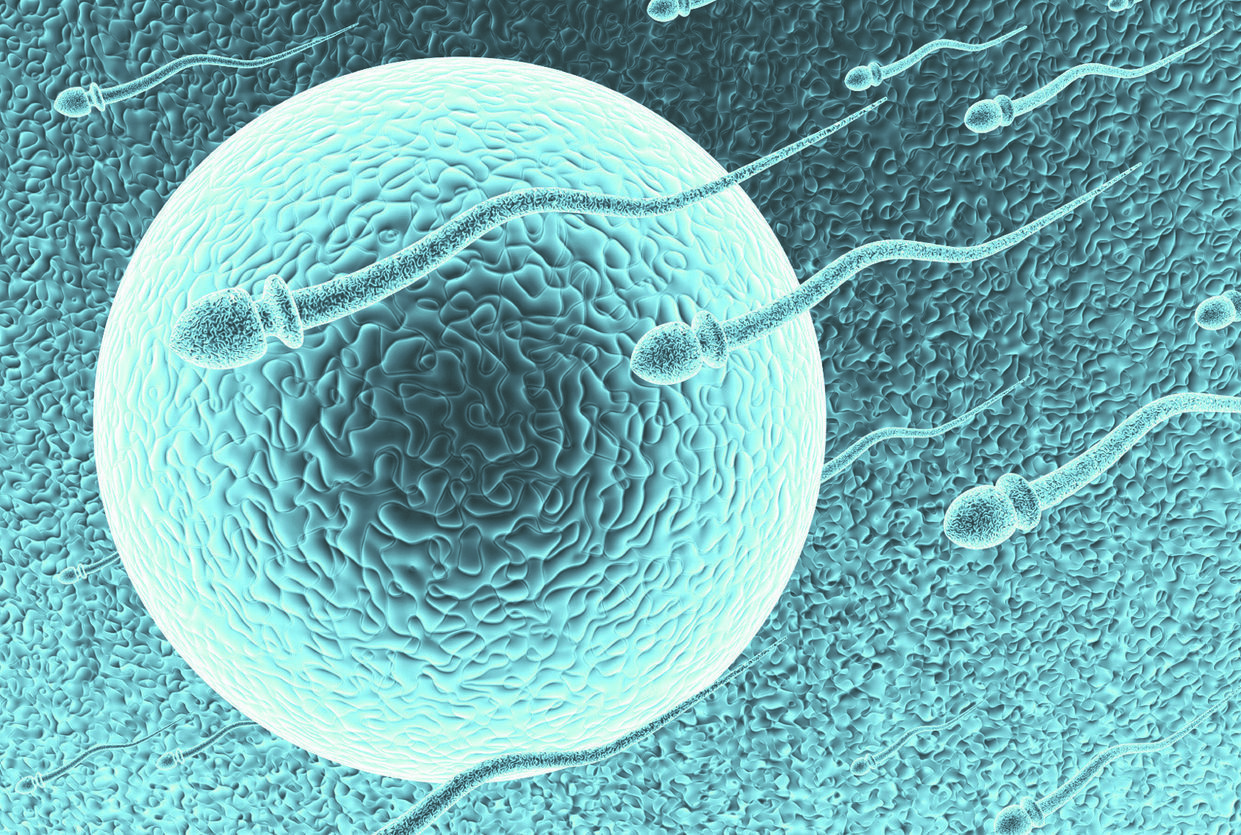Creating Life With IVF. Here’s What to Expect…
January 27, 2021

January 27, 2021

No doubt you’ve heard of in vitro fertilization or the method of bringing to the world a newlife with IVF. It’s the way in which couples can have a child when traditional methodologies are unavailable or are unsuccessful. If you have a desire to bring newlife into the world, and if you’ve ever thought about undertaking fertility treatments, the term will be familiar.
IVF has been continually developed and improved since it first arrived and today it is readily accepted as a go-to way of having a child. But to some extent, IVF is still shrouded in mystery. The purpose of this article then is to throw some light on to the procedure in order that you may be better informed to make choices that will have a very significant impact upon your life.
In 1978, the first baby conceived through IVF was celebrated. In 1980, Monash IVF helped achieve Australia’s first IVF baby – the third in the world. As more couples turned to the procedure, the science just went on to become more and more efficient. It was only a matter of time before IVF went mainstream and was widely accepted by society.
Since IVF was introduced, success rates for the procedure have more than doubled. Adjunct technology which incorporates egg freezing, has extended the timeline between fertilisation and implantation to an indefinite period. This has had a fantastic impact upon individuals’ choices and today the reasons for using IVF have developed beyond the original notion and include:
At Monash IVF, your fertility specialist gets to know your medical history and your individual circumstances and creates the best treatment plan for your body.
In addition to fertilisation, IVF can be used to address other problems. For example, if fallopian tubes are damaged or obstructed, in addition to preventing fertilisation, the risk of an ectopic pregnancy increases. This complication can often be addressed by low-invasive surgery, but IVF is another option.
Couples may be concerned about genetic conditions which could be acquired by their children and given the choice might choose to avoid starting a family rather than pass these on. Monash IVF is able to assist here, we provide the opportunity to screen for genetic anomalies before fertilisation. In this way, only those embryos with the greatest chance of not inheriting a hereditary condition can be identified.
If you choose to bring in newlife with IVF, you will be prescribed a regime of medications which will stimulate your ovaries into maturing multiple eggs simultaneously. This is in contrast to a regular monthly cycle in which a single egg is usually released.
When your eggs are matured, they will be collected in a surgical procedure for which you will need to be admitted to hospital. This is conducted on an outpatient basis so you will not need to stay overnight, but you will be given anaesthesia so you will be comfortable throughout. The matured eggs will be collected and taken to a lab so the magic can begin.
In the lab, sperm which has been specially treated to remove all seminal fluid will be introduced to the collected eggs. For the next 18 to 24 hours, this egg / sperm combination will be carefully monitored to ensure that fertilisation occurs, and that newlife has the greatest chance of presenting itself.
If you have expressed an interest in genetic testing of your embryos, this is the point at which it will be conducted. There are essentially two types of tests, pre-implantation genetic testing (PGT) and pre-implantation genetic testing for aneuploidy screening (PGT-A).The main difference between PGT and PGT-A is that PGT is used for known potential genetic disorders or defects, whilst PGT-A identifies embryos with only the correct number of chromosomes. A pregnancy can fail if the embryo has an abnormal number of chromosomes, so this type of testing is an important step to give you the best chance for a successful implantation and pregnancy.
After a few successfully created embryos are chosen, the transfer back to your body will take place. It’s common practice at Monash IVF to transfer one embryo at a time. Other embryos are frozen using our advanced technology, to use in future treatment. This represents the beginning of what for many is the most difficult aspect of the entire process: a two week wait to see if the implantation has been successful and the pregnancy has commenced. Pregnancy hormones in the bloodstream will be checked, but this really can only be done after two weeks so remain patient and as relaxed as possible during this period.
In Vitro Fertilisation (IVF) can be used to overcome a range of fertility issues and for many couples, gives them the best chance of having a baby. With a measured and informed approach, the dream of bringing newlife into the world is attainable.
Monash IVF will be with you throughout your journey, from initial consultation to find out if IVF is right for you to the day we deliver your healthy bundle of joy.
For more information on IVF please don’t hesitate to contact us or to read further resources on IVF and the IVF Process on our website.